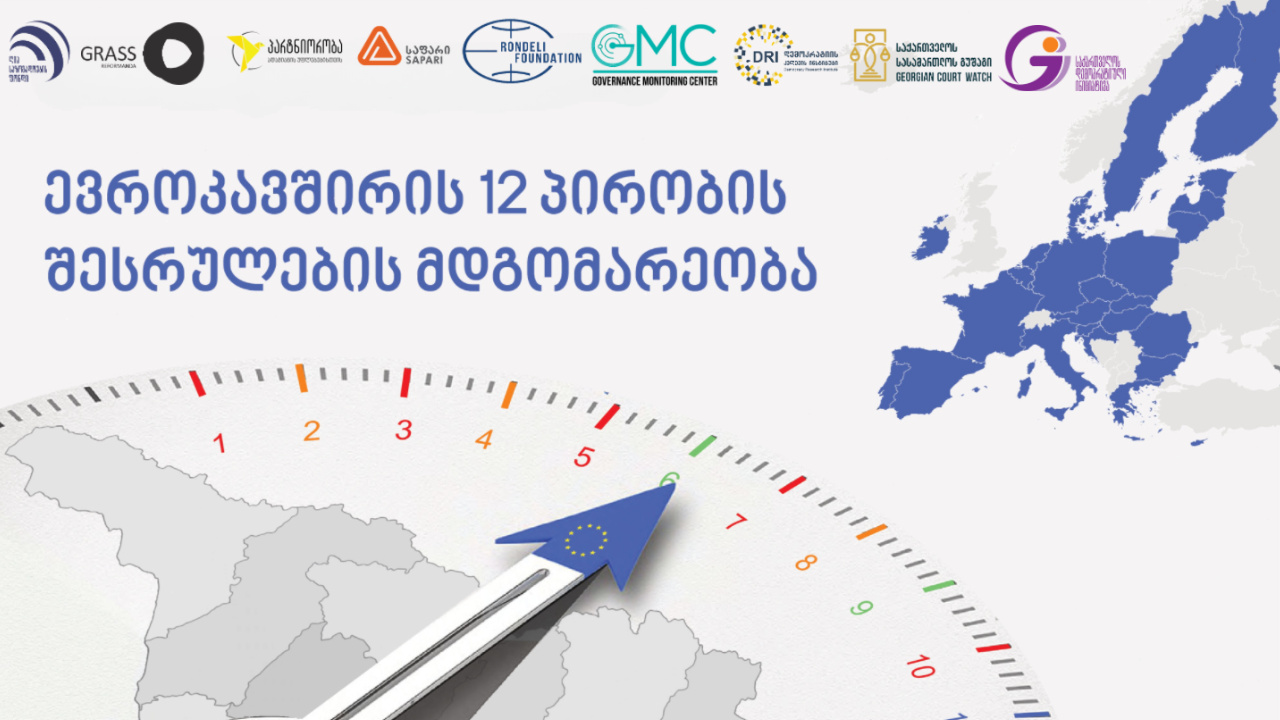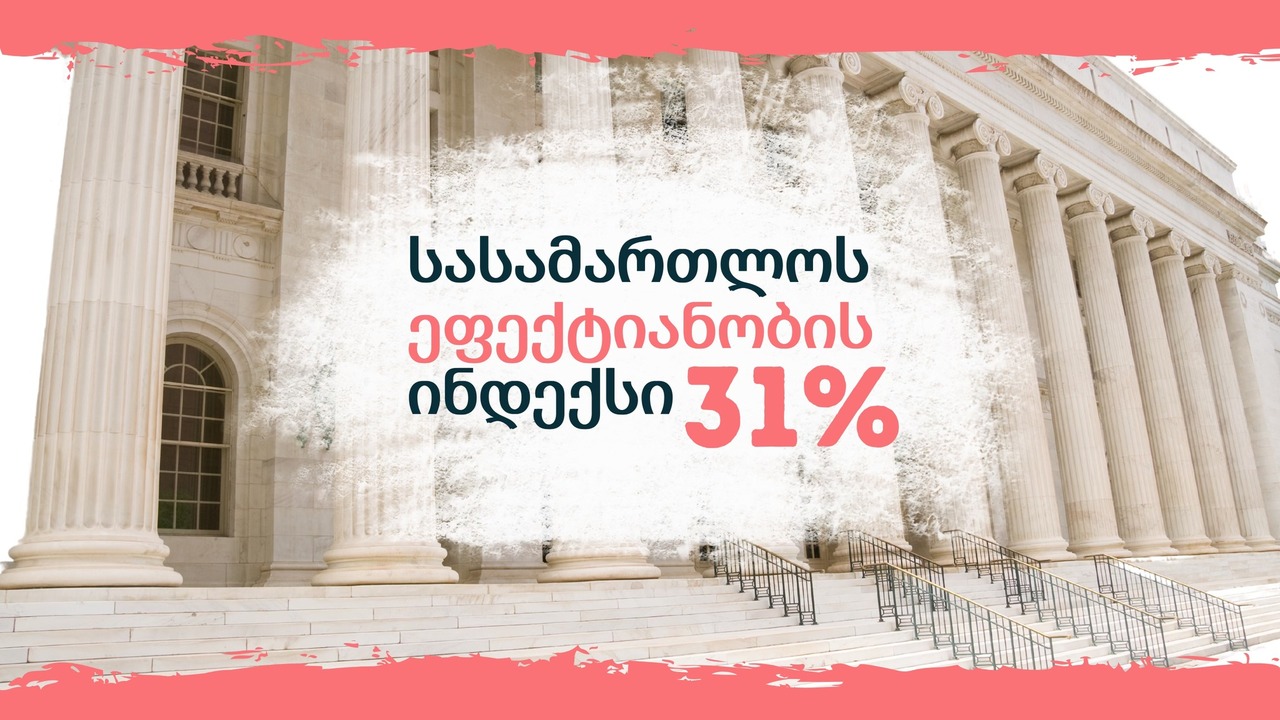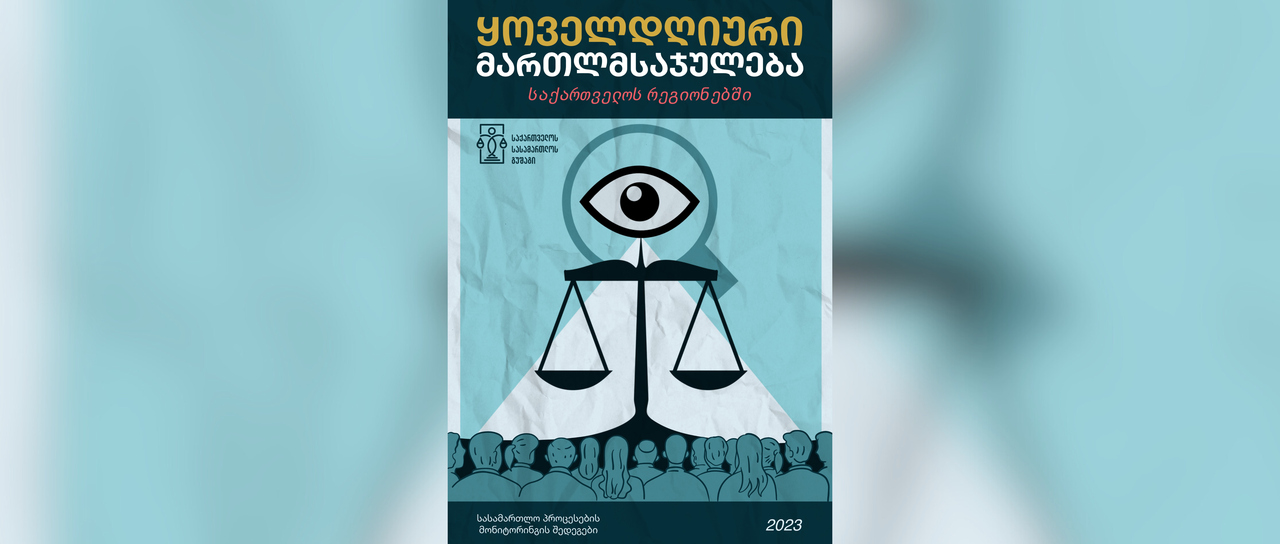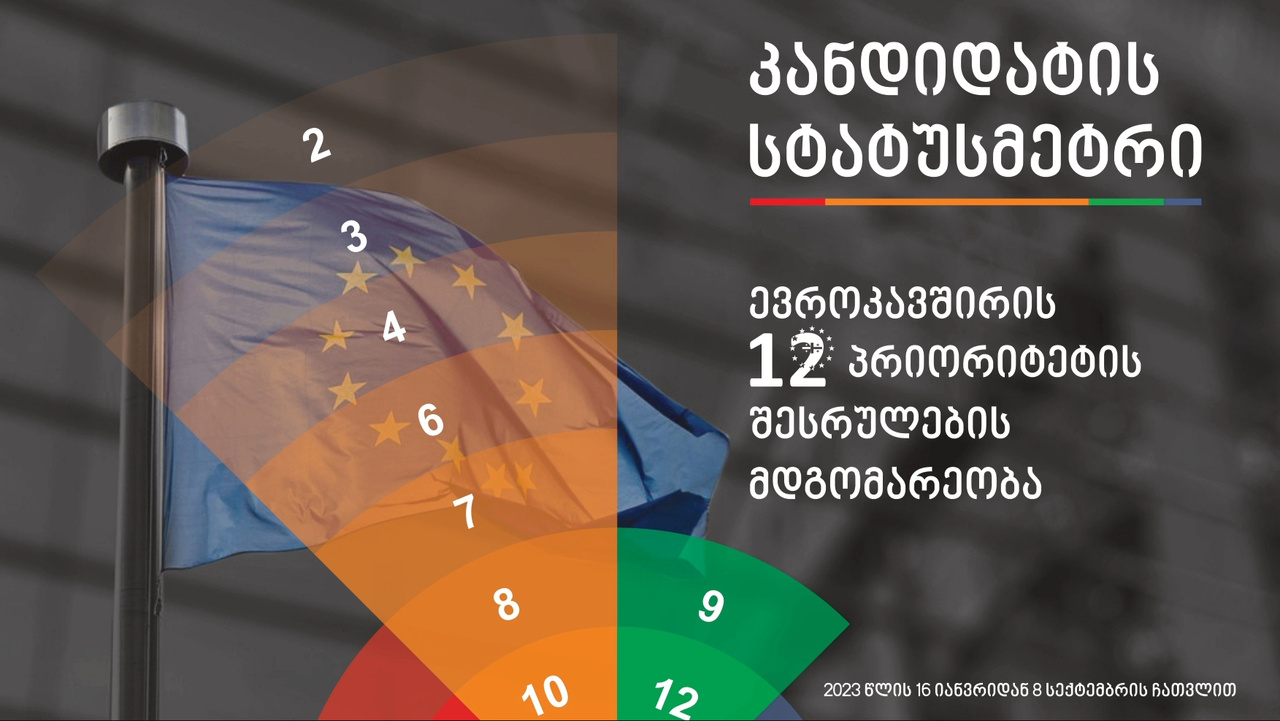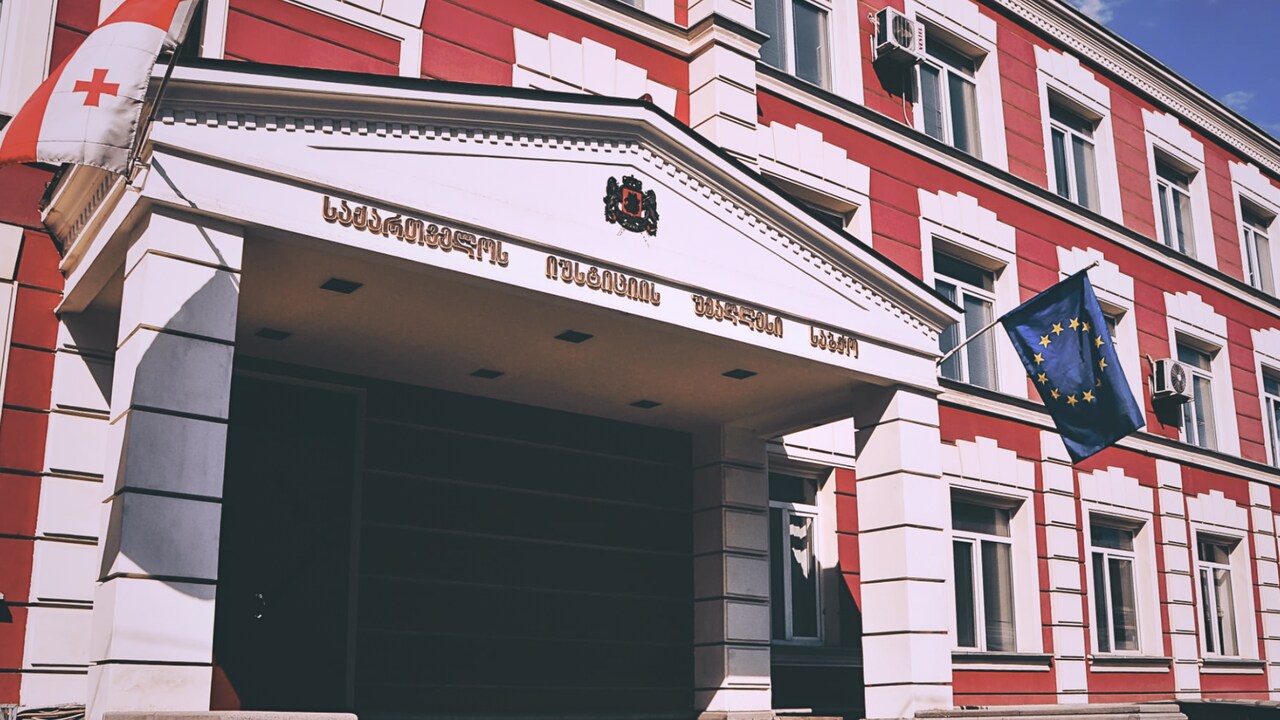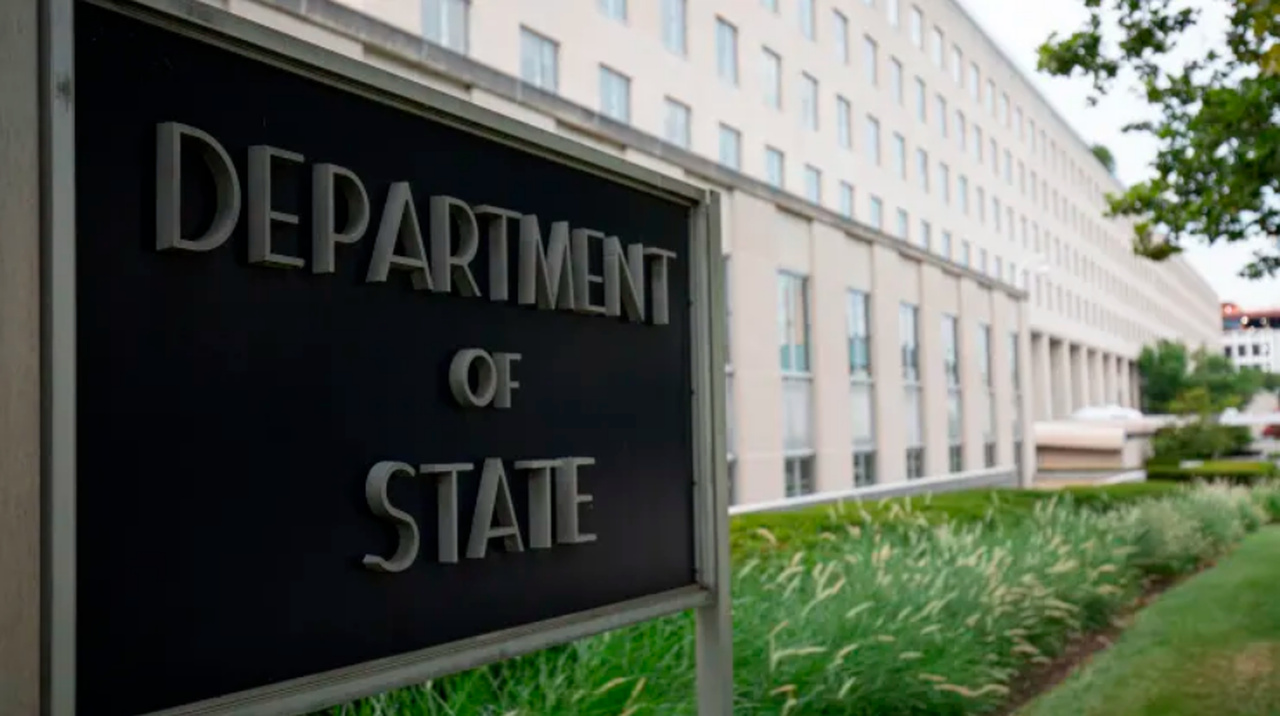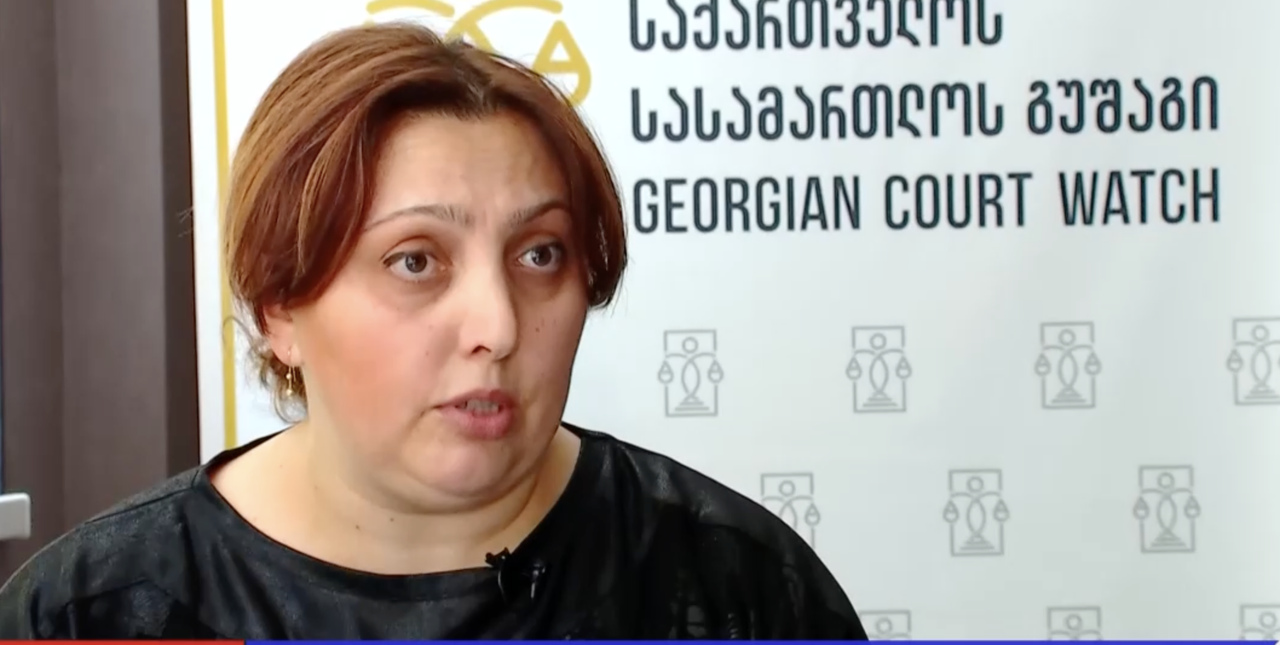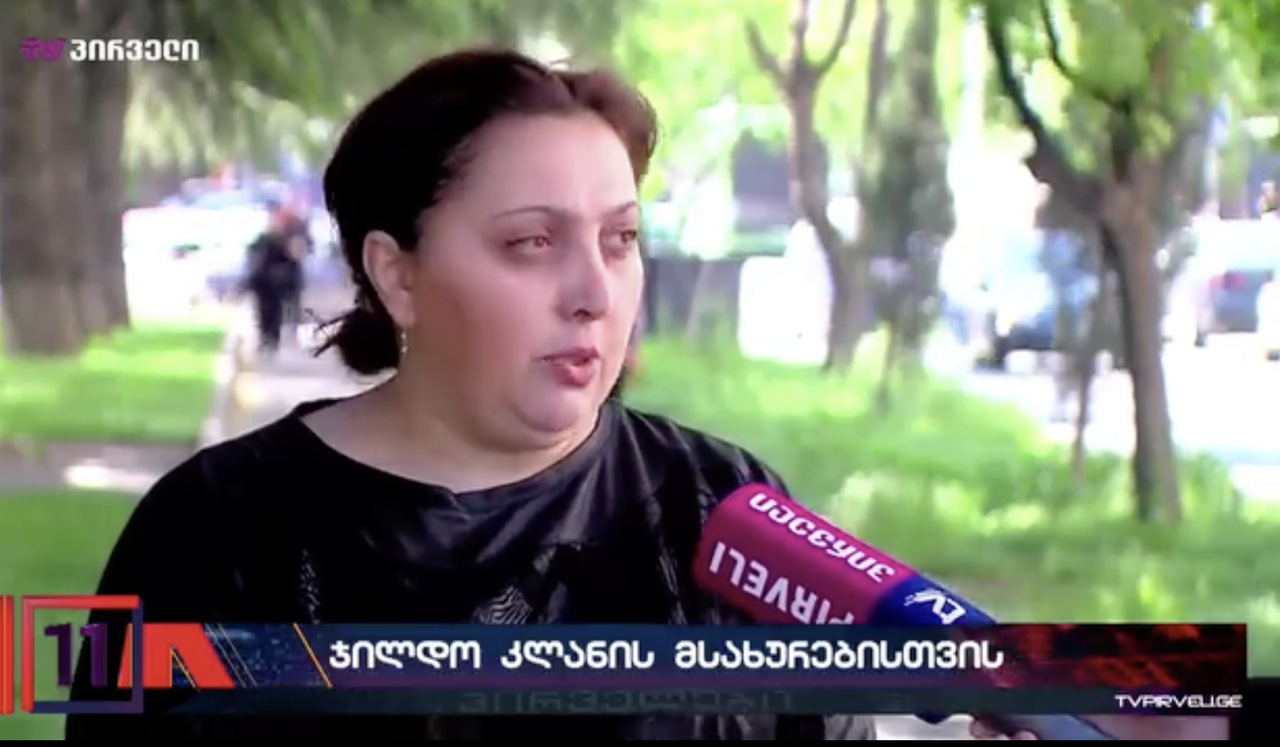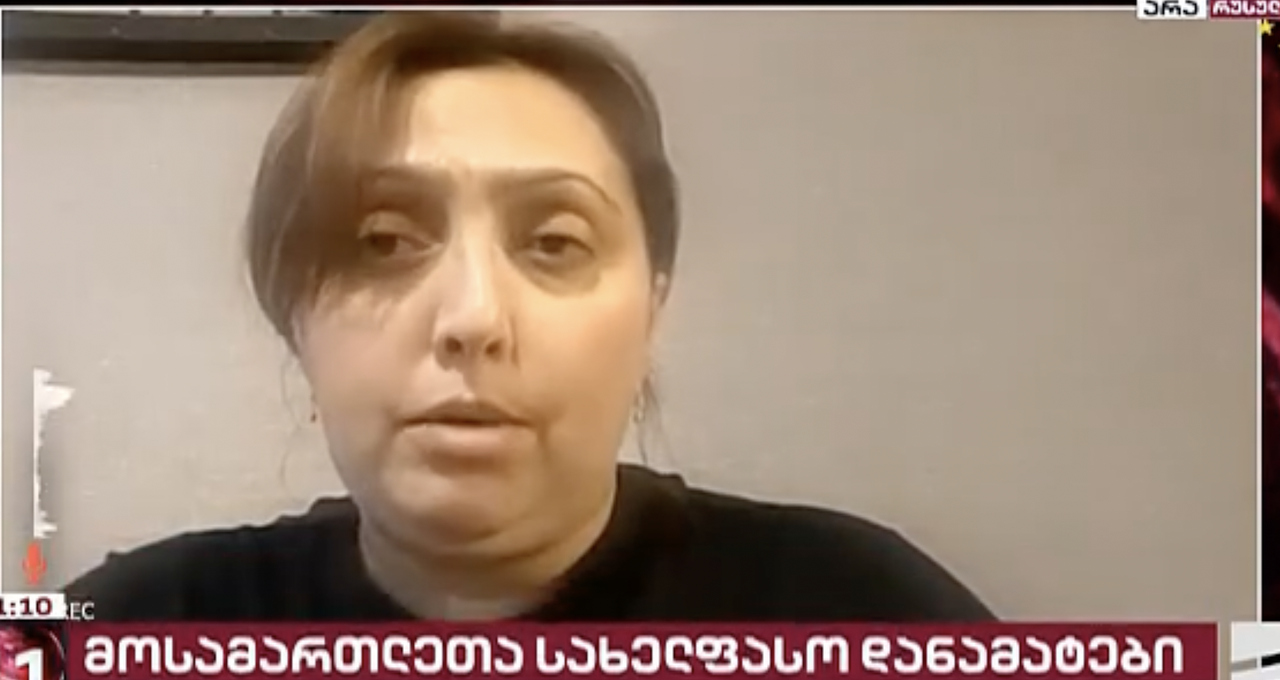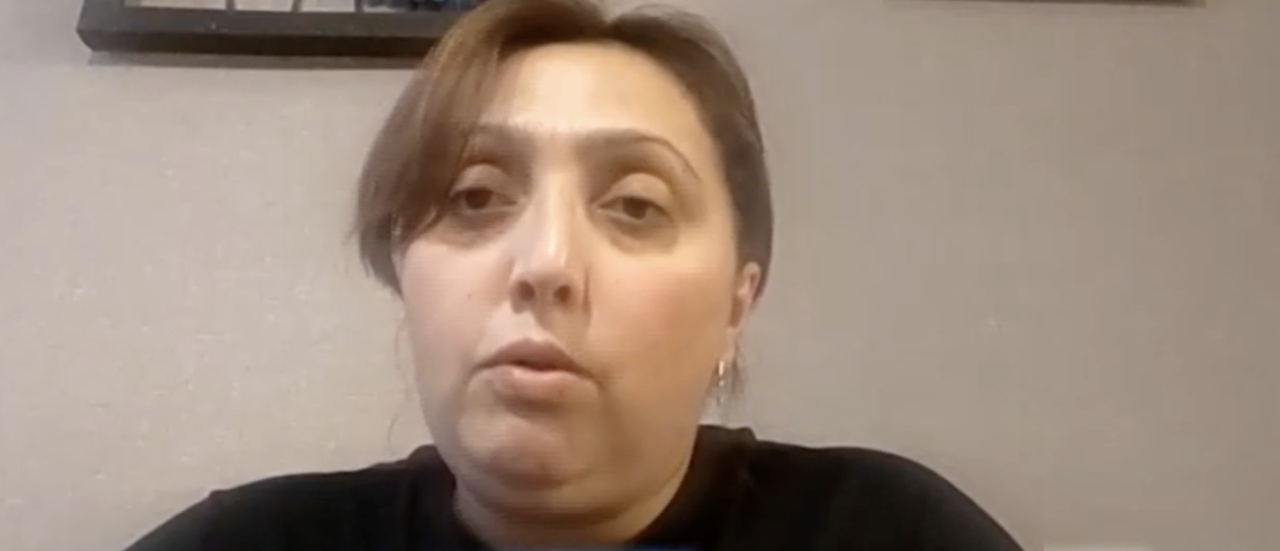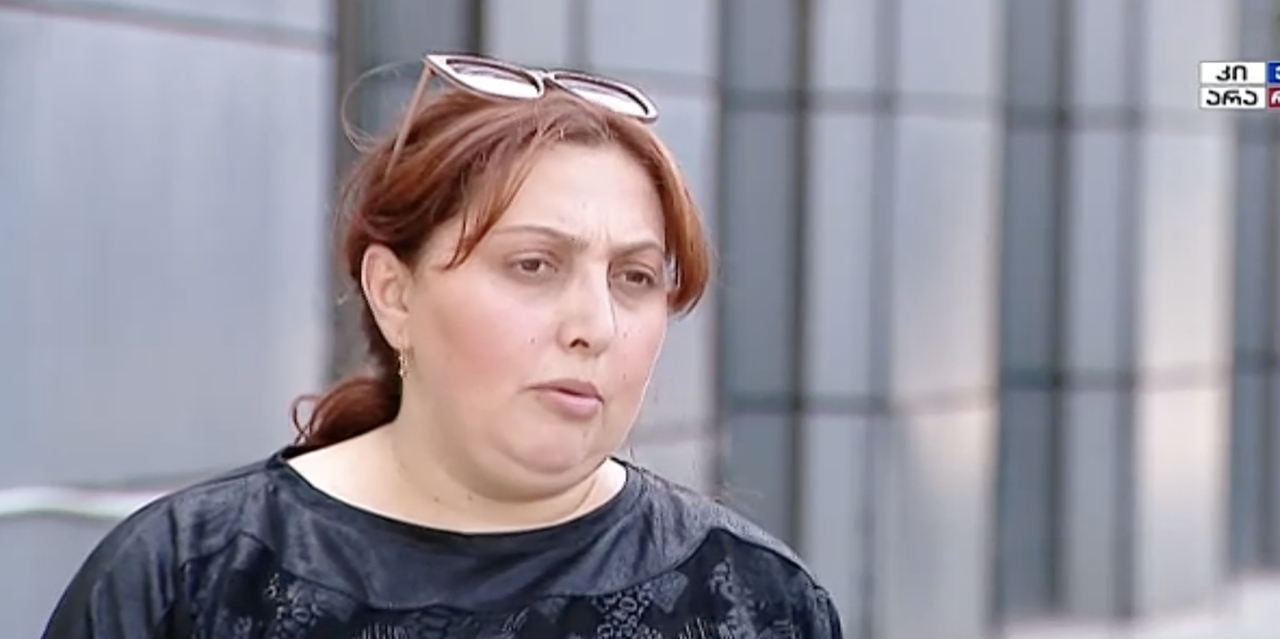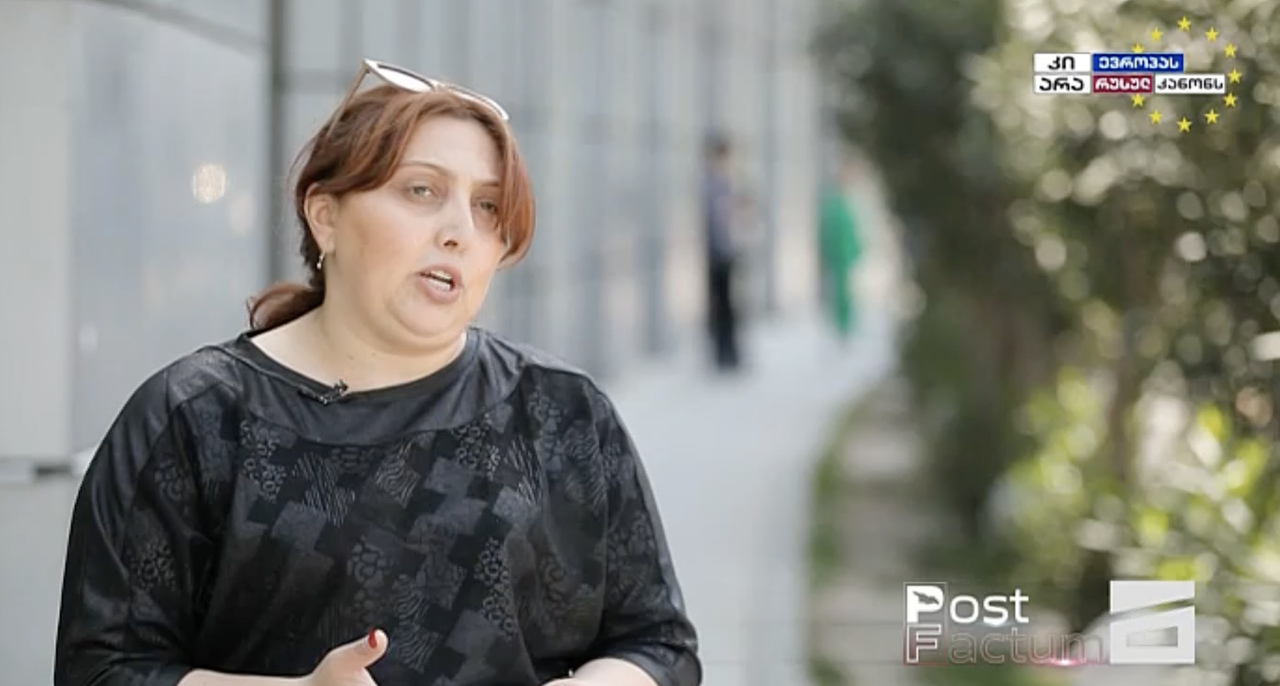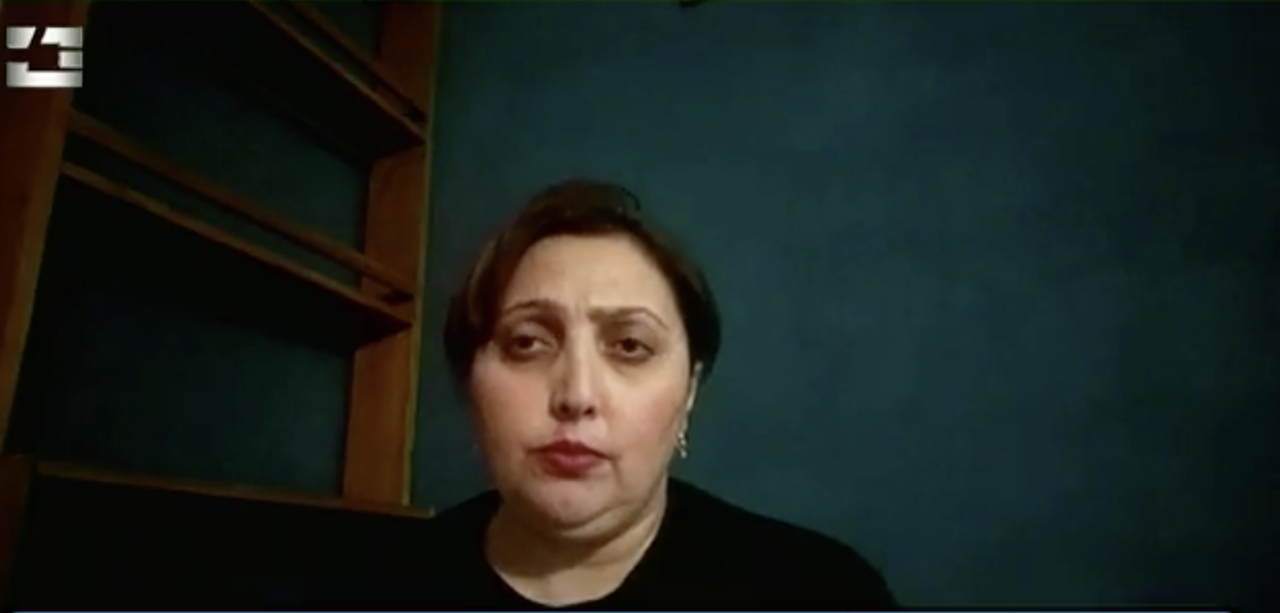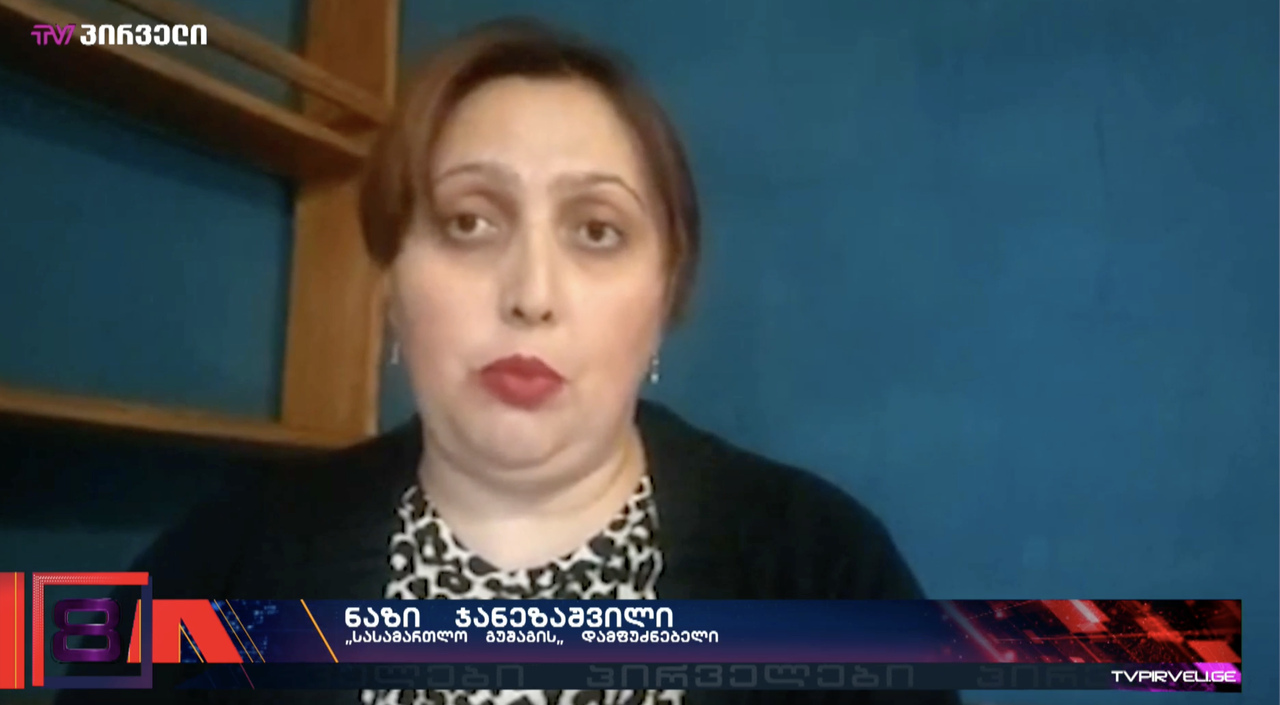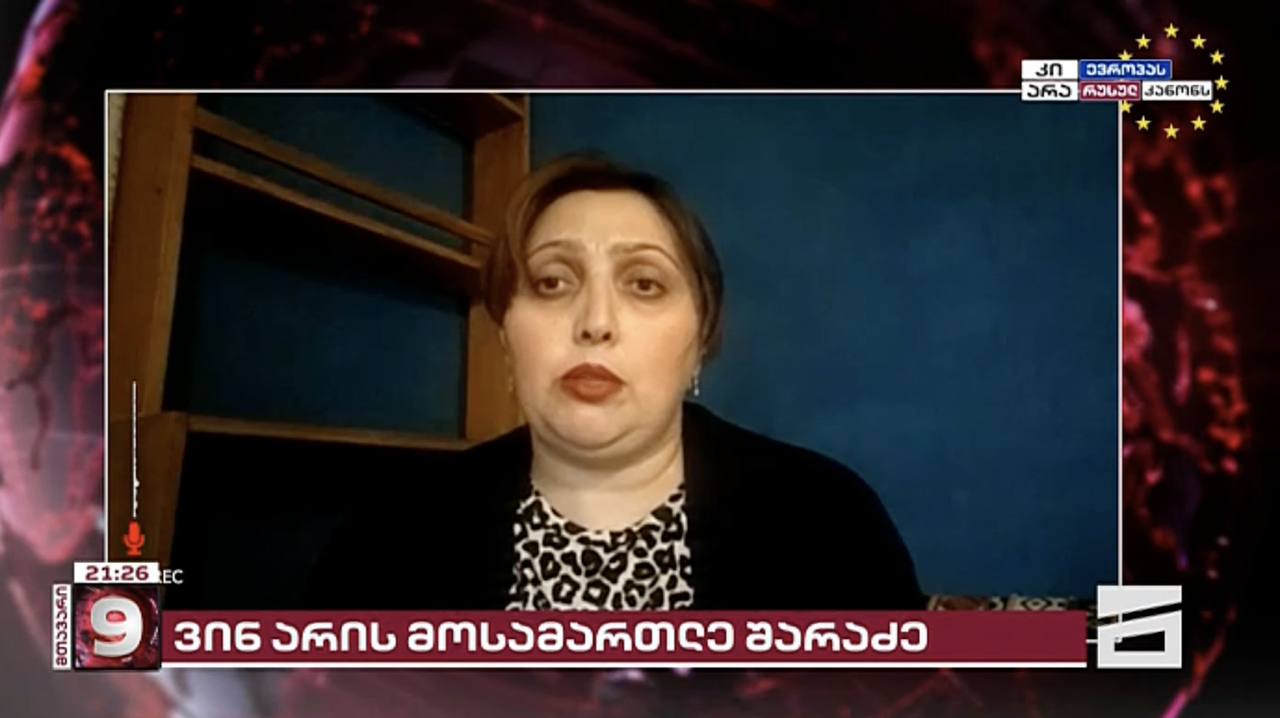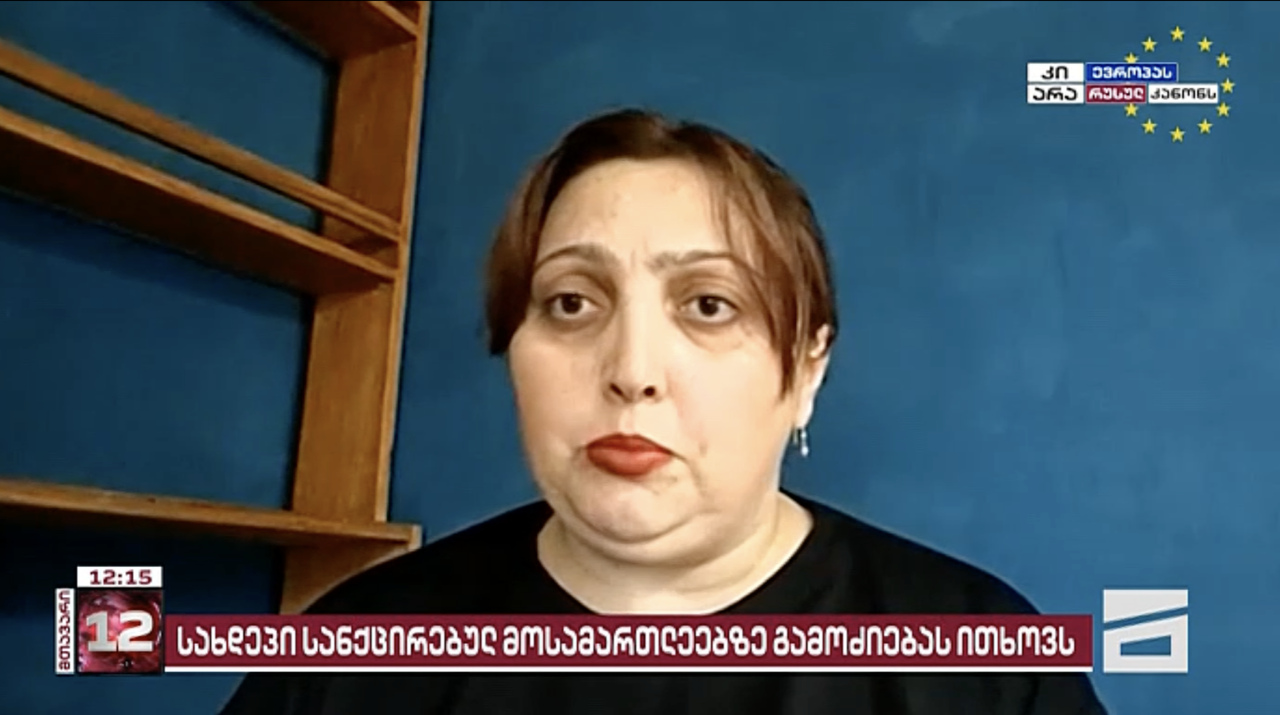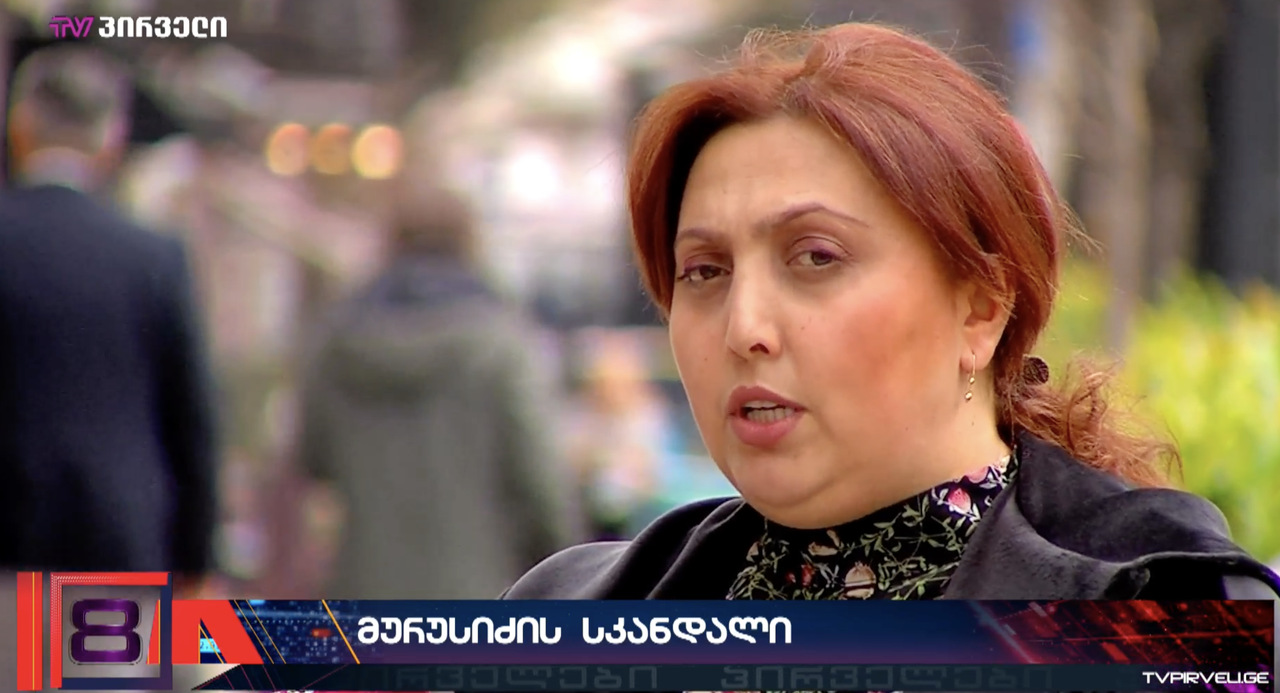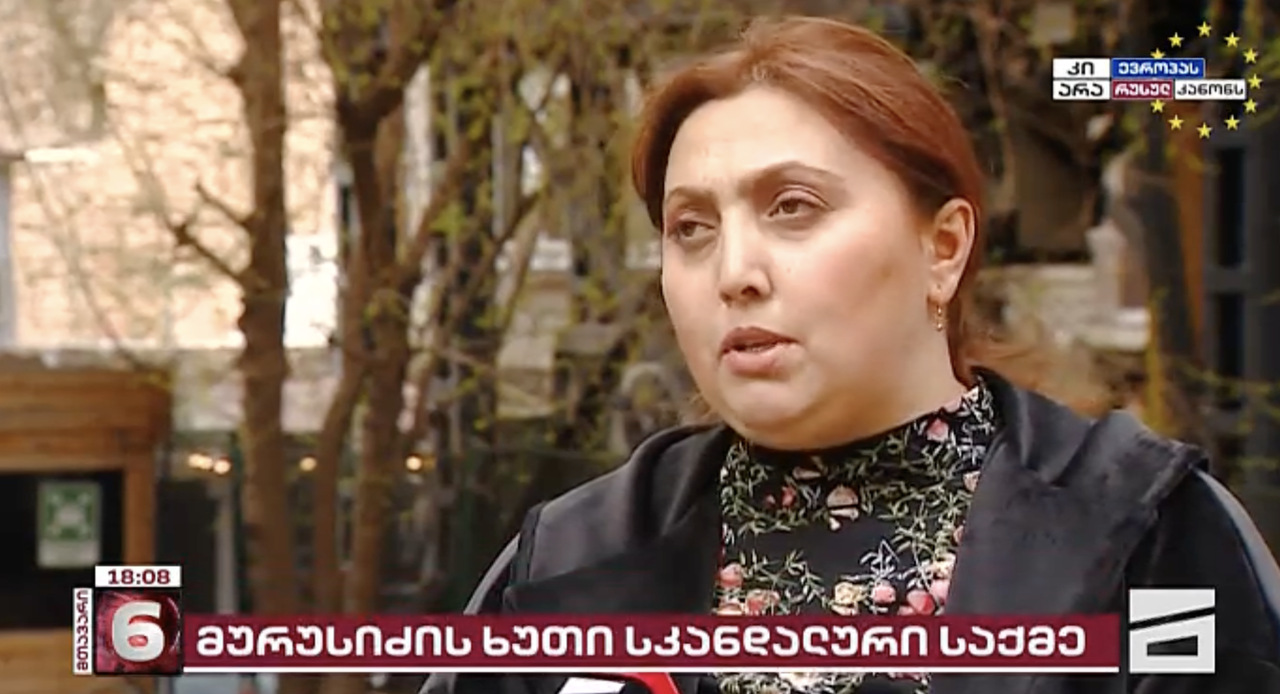THE HIGH COUNCIL OF JUSTICE – SYSTEM REPRESENTATIVE?
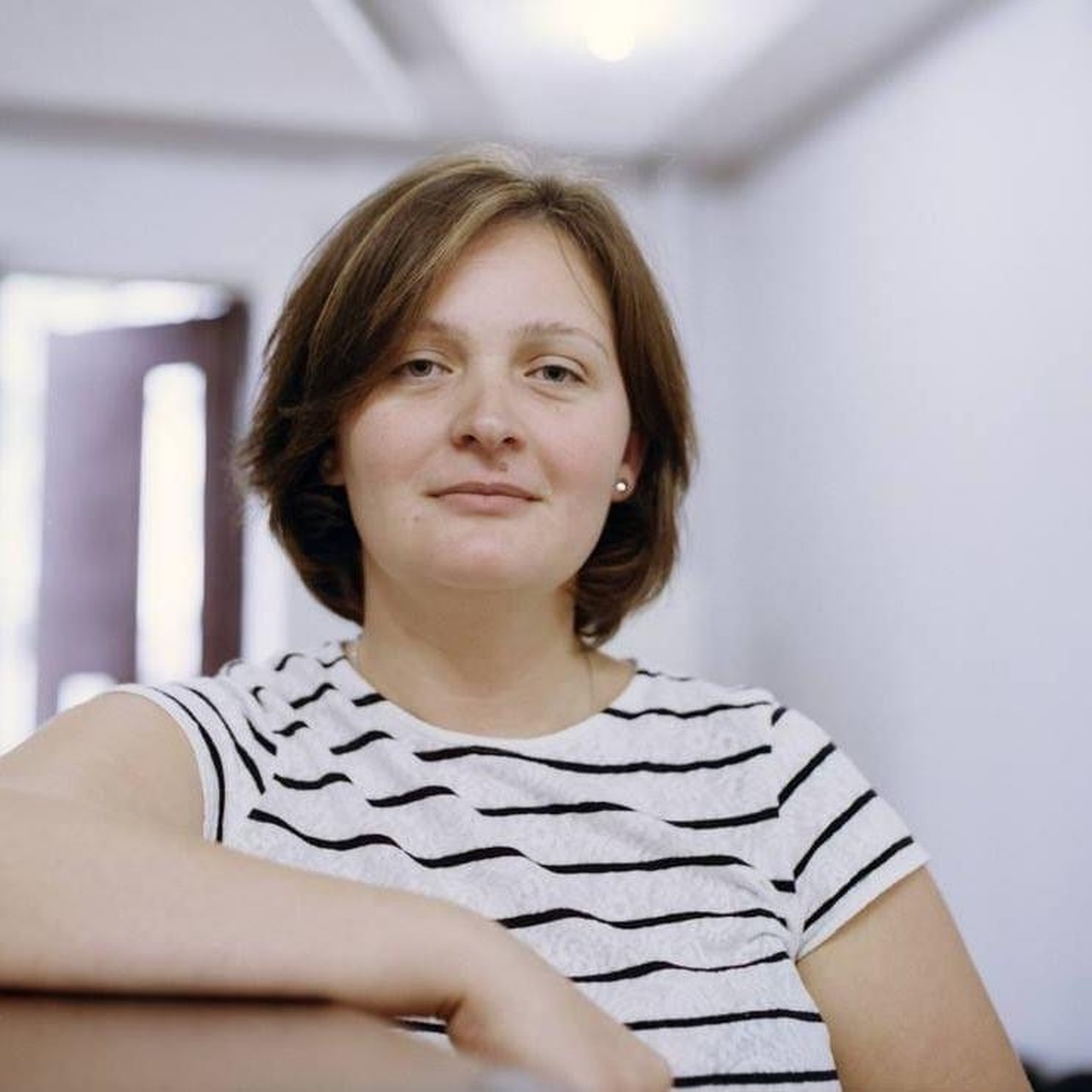
11.10.2022
The High Council of Justice is established to ensure the independence and efficiency of Common Courts and to develop proposals for judicial reform. Councils of Justice must contribute to gaining public trust and must work transparently in the public interest. The Council of Justice must protect the independence of the judicial system, for which the widest possible representation of courts and diversity of regions must be ensured.
In the article, we will talk about the role of the Council of Justice in the justice system, and how far the district courts are represented in it. We will consider to what extent their problems are brought to the central level and then discuss the effective operation of the system.
According to the law, the High Council of Justice of Georgia consists of 15 members. 8 members are elected by the self-governing body of judges of Common Courts - the Conference of Judges, at least one of them must represent the court of each instance. The Chairperson of the Supreme Court is at the same time a member of the Council of Justice. 5 non-judge members are elected by the Parliament and one is appointed by the President.
4 out of 9 members are from the Supreme Court (3 elected by the Conference and one ex officio, Chairperson of the Supreme Court), 3 - are judges of first instance, and 2 – are judges of the Court of Appeals.
Nowadays, only Tbilisi courts are represented in the Council of Justice, while the majority of the system is made up of district (city) courts located in different cities.
Since 2013, up to today, the conference has elected 25 judges to the Council. Of the 25 members, only Dimitri Gvritishvili represented the Kutaisi Court of Appeal at the same time.
The legislation does not provide a quota for district courts. Observing the Conference of Judges shows that the conference does not set a high standard either. Any judge has the opportunity to nominate a member of the council, however, only the “chosen” enjoy this right, and the rest of the judges select them by a majority of votes. It is not in the interest of the influential group to ensure the real involvement of judges in making important decisions of the system or to encourage individualism. The ruling party is supporting this. If we look at the last changes, we will see that it was completely tailored to the interests of the influential persons of the system. Even though the quota of the chairpersons in the Council is determined and the judges who have been faithful for years are appointed as the chairpersons. With an expedited amendment in December, instead of encouraging to have a broad representation of judges, the lawmaker restored the legal possibility of electing the same person as a member of the Council of Justice twice in a row. As read in the explanatory card, this change served “to staff the Supreme Council of Justice based on the principle of professional experience and merit and to preserve institutional memory in the Council.” This happens with the background that corporatism and clan rule remain the main challenges in the system, and one and the same judges have been holding managerial positions for years.
The argument of a ruling party is that the amendment corresponds to the international standards. However, the Venice Commission, in one of its conclusions, highlighted that the context of Georgia is special because, considering the past, the High Council of Justice failed to gain public trust and recognition.
When the system is managed by an influential group, which immediately suppresses any manifestation of individualism, and when there is no competitive environment, only the introduction of regional quotas, of course, will not change anything. Along with the introduction of regional quotas, fundamental reforms are needed, which should be reflected in banning judges in administrative positions from being members of the Council of Justice, encouraging individual judges, and changing the way important decisions are made.
The strategy and action plan focused on the involvement of the district judges in the activities related to the management or reformation of the system, and “on the representation of the courts of all instances and, as far as possible, the district courts in the Council.” The strategy highlighted accessibility to the court, especially for the mountainous and sparsely populated regions. Improvement of the intranet to simplify and refine the communication between the courts, so that the district courts could actively get involved in various processes taking place in the system was also discussed. In the strategy, one of the ways to reduce the overloading of courts and judges was to call for the development of alternative means of disputes and their effective use.
On the issue of the development of alternative means of discharging the overload, the annual report of the secretary of the Council of Justice states that “court mediation halls were organized with modern standards and mediation processes have already been conducted in Rustavi city and Gori district courts.” To what extent the use of mediation as an alternative mechanism eased the courts has not been discussed at any session of the Council of Justice. Overloading still remains one of the main challenges of the system.
According to the strategy, to ensure the involvement of judges, the Council made changes to the regulations. It was decided that the materials on important topics related to the judicial system, envisaged by the agenda, will be posted on the intranet for the purpose of receiving written notes/comments from the judges. While the Council of Justice appoints sessions chaotically, and the date and agenda of the session are published the evening before the session instead of being published three days in advance, it is completely impossible that this change will improve the situation even a little and give a boost to the involvement of judges.
During the implementation of the activities provided by the strategy and action plan, it was revealed that the solution to problematic issues in the judiciary was only technical and served the formal performance of activities, while the qualitative improvement of the judicial system remained beyond the interest of the agencies responsible for the implementation of the action plan, which is clearly confirmed by the above examples.
The adoption and implementation of a transparent and effective judicial reform strategy and an action plan for 2021 onwards, through a broad, inclusive, and cross-party agreement-oriented process, is still one of the conditions on the path to EU membership.
In addition to high-profile topics such as the nomination of Supreme Court judges, appointment/re-assignment of judges, and appointment of chairpersons, other topics are also discussed by the Council, however, it is questionable to what extent the problems of the district courts are a priority for the Council. During 2021, about 10 topics related to the district courts were discussed, but mainly covered the issues such as providing the judge with an apartment and fuel, business trips, and initiation of transfers without competition.
The state provides the necessary living area or compensates the necessary expenses to a judge who does not have a residential apartment in a self-governing city (municipality) to exercise his judicial powers. In the case of the Court of Appeals and district court judges, the Council of Justice takes this decision and determines the number of funds to be allocated for the rental of a residential apartment considering the self-governing units. In addition, the Council authorizes the Department of Common Courts to set limits on fuel and communication expenses for judges.
Creating dignified living and working conditions for judges is undoubtedly an important condition for ensuring their independence, but the independence of judges is impossible without individual freedom, and an environment free of internal and external influences.
In recent years, the Council has been actively initiating the issue of transferring judges without competition (a kind of internal competition). The frequency of transfers of judges to other courts and the rotation of judges raise doubts about certain strategic moves by the influential group, serving not to relieve the overloading in the courts, but the appointment of loyal judges in important courts for them.
The Council of Justice is inconsistent in the transfer of judges to other courts, explaining it by the number of cases, and does not take into account the problem of overcrowding, which is acute in other courts as well. If we look at the practice of transfers, the justification for giving preference to a particular candidate is unclear. It gives the impression that the transfers of judges are based on personal recommendations and do not serve to solve the real problem of overcrowding in the courts.
The Council has not discussed the needs of the district (city) court, or the challenges specific to the region at any of its meetings. It is impossible for the system to work effectively without examining the needs that the district courts face. When reviewing the topics on the agenda, the plans and strategies of the influential group of the court become clear. Such an approach once again indicates the absence of will to make decisions important for the effective work of the judicial system, and not those that will further strengthen the influential group.
---
Georgian Court Watch Project: "Active Citizen Involvement for a Better Judicial System"
The article was prepared with funding from the European Foundation, within the framework of a grant from the Danish International Development Agency. The author is responsible for its content. The article does not reflect the official positions of the European Foundation and the Danish International Development Agency.
In the article, we will talk about the role of the Council of Justice in the justice system, and how far the district courts are represented in it. We will consider to what extent their problems are brought to the central level and then discuss the effective operation of the system.
According to the law, the High Council of Justice of Georgia consists of 15 members. 8 members are elected by the self-governing body of judges of Common Courts - the Conference of Judges, at least one of them must represent the court of each instance. The Chairperson of the Supreme Court is at the same time a member of the Council of Justice. 5 non-judge members are elected by the Parliament and one is appointed by the President.
What is the Council composition now?
5 non-judge members have not been elected by the Parliament for more than a year now and during this time the Council is working with a 10-member composition. 8 out of 10 are judges elected by the Conference, 1 – is a member of the Supreme Court, who is an ex officio Council member, and 1 – is a non-judge member appointed by the President two years ago.4 out of 9 members are from the Supreme Court (3 elected by the Conference and one ex officio, Chairperson of the Supreme Court), 3 - are judges of first instance, and 2 – are judges of the Court of Appeals.
Nowadays, only Tbilisi courts are represented in the Council of Justice, while the majority of the system is made up of district (city) courts located in different cities.
Since 2013, up to today, the conference has elected 25 judges to the Council. Of the 25 members, only Dimitri Gvritishvili represented the Kutaisi Court of Appeal at the same time.
The legislation does not provide a quota for district courts. Observing the Conference of Judges shows that the conference does not set a high standard either. Any judge has the opportunity to nominate a member of the council, however, only the “chosen” enjoy this right, and the rest of the judges select them by a majority of votes. It is not in the interest of the influential group to ensure the real involvement of judges in making important decisions of the system or to encourage individualism. The ruling party is supporting this. If we look at the last changes, we will see that it was completely tailored to the interests of the influential persons of the system. Even though the quota of the chairpersons in the Council is determined and the judges who have been faithful for years are appointed as the chairpersons. With an expedited amendment in December, instead of encouraging to have a broad representation of judges, the lawmaker restored the legal possibility of electing the same person as a member of the Council of Justice twice in a row. As read in the explanatory card, this change served “to staff the Supreme Council of Justice based on the principle of professional experience and merit and to preserve institutional memory in the Council.” This happens with the background that corporatism and clan rule remain the main challenges in the system, and one and the same judges have been holding managerial positions for years.
The argument of a ruling party is that the amendment corresponds to the international standards. However, the Venice Commission, in one of its conclusions, highlighted that the context of Georgia is special because, considering the past, the High Council of Justice failed to gain public trust and recognition.
When the system is managed by an influential group, which immediately suppresses any manifestation of individualism, and when there is no competitive environment, only the introduction of regional quotas, of course, will not change anything. Along with the introduction of regional quotas, fundamental reforms are needed, which should be reflected in banning judges in administrative positions from being members of the Council of Justice, encouraging individual judges, and changing the way important decisions are made.
Judicial strategy and involvement of district courts
Within the framework of the EU-Georgia Association Agreement, as a result of the inclusive process, the judicial strategy and action plan for 2017-2021 was developed, which included many important issues for the development of the judicial system and the fulfillment of obligations undertaken by Georgia under international agreements.The strategy and action plan focused on the involvement of the district judges in the activities related to the management or reformation of the system, and “on the representation of the courts of all instances and, as far as possible, the district courts in the Council.” The strategy highlighted accessibility to the court, especially for the mountainous and sparsely populated regions. Improvement of the intranet to simplify and refine the communication between the courts, so that the district courts could actively get involved in various processes taking place in the system was also discussed. In the strategy, one of the ways to reduce the overloading of courts and judges was to call for the development of alternative means of disputes and their effective use.
On the issue of the development of alternative means of discharging the overload, the annual report of the secretary of the Council of Justice states that “court mediation halls were organized with modern standards and mediation processes have already been conducted in Rustavi city and Gori district courts.” To what extent the use of mediation as an alternative mechanism eased the courts has not been discussed at any session of the Council of Justice. Overloading still remains one of the main challenges of the system.
According to the strategy, to ensure the involvement of judges, the Council made changes to the regulations. It was decided that the materials on important topics related to the judicial system, envisaged by the agenda, will be posted on the intranet for the purpose of receiving written notes/comments from the judges. While the Council of Justice appoints sessions chaotically, and the date and agenda of the session are published the evening before the session instead of being published three days in advance, it is completely impossible that this change will improve the situation even a little and give a boost to the involvement of judges.
During the implementation of the activities provided by the strategy and action plan, it was revealed that the solution to problematic issues in the judiciary was only technical and served the formal performance of activities, while the qualitative improvement of the judicial system remained beyond the interest of the agencies responsible for the implementation of the action plan, which is clearly confirmed by the above examples.
The adoption and implementation of a transparent and effective judicial reform strategy and an action plan for 2021 onwards, through a broad, inclusive, and cross-party agreement-oriented process, is still one of the conditions on the path to EU membership.
How does the High Council of Justice work?
Nowadays, the schedule of conducting Council meetings is chaotic. Often, the staff of the Council does not know whether the session will be held or not even half an hour before the session. Hence, the question arises, if a judge of any district court was a member of the Council of Justice, how effectively he/she would be able to participate in its activities? This may seem like a small thing in the big picture, but again, it clearly shows the sad reality of the Council of Justice.In addition to high-profile topics such as the nomination of Supreme Court judges, appointment/re-assignment of judges, and appointment of chairpersons, other topics are also discussed by the Council, however, it is questionable to what extent the problems of the district courts are a priority for the Council. During 2021, about 10 topics related to the district courts were discussed, but mainly covered the issues such as providing the judge with an apartment and fuel, business trips, and initiation of transfers without competition.
The state provides the necessary living area or compensates the necessary expenses to a judge who does not have a residential apartment in a self-governing city (municipality) to exercise his judicial powers. In the case of the Court of Appeals and district court judges, the Council of Justice takes this decision and determines the number of funds to be allocated for the rental of a residential apartment considering the self-governing units. In addition, the Council authorizes the Department of Common Courts to set limits on fuel and communication expenses for judges.
Creating dignified living and working conditions for judges is undoubtedly an important condition for ensuring their independence, but the independence of judges is impossible without individual freedom, and an environment free of internal and external influences.
In recent years, the Council has been actively initiating the issue of transferring judges without competition (a kind of internal competition). The frequency of transfers of judges to other courts and the rotation of judges raise doubts about certain strategic moves by the influential group, serving not to relieve the overloading in the courts, but the appointment of loyal judges in important courts for them.
The Council of Justice is inconsistent in the transfer of judges to other courts, explaining it by the number of cases, and does not take into account the problem of overcrowding, which is acute in other courts as well. If we look at the practice of transfers, the justification for giving preference to a particular candidate is unclear. It gives the impression that the transfers of judges are based on personal recommendations and do not serve to solve the real problem of overcrowding in the courts.
The Council has not discussed the needs of the district (city) court, or the challenges specific to the region at any of its meetings. It is impossible for the system to work effectively without examining the needs that the district courts face. When reviewing the topics on the agenda, the plans and strategies of the influential group of the court become clear. Such an approach once again indicates the absence of will to make decisions important for the effective work of the judicial system, and not those that will further strengthen the influential group.
---
Georgian Court Watch Project: "Active Citizen Involvement for a Better Judicial System"
The article was prepared with funding from the European Foundation, within the framework of a grant from the Danish International Development Agency. The author is responsible for its content. The article does not reflect the official positions of the European Foundation and the Danish International Development Agency.


